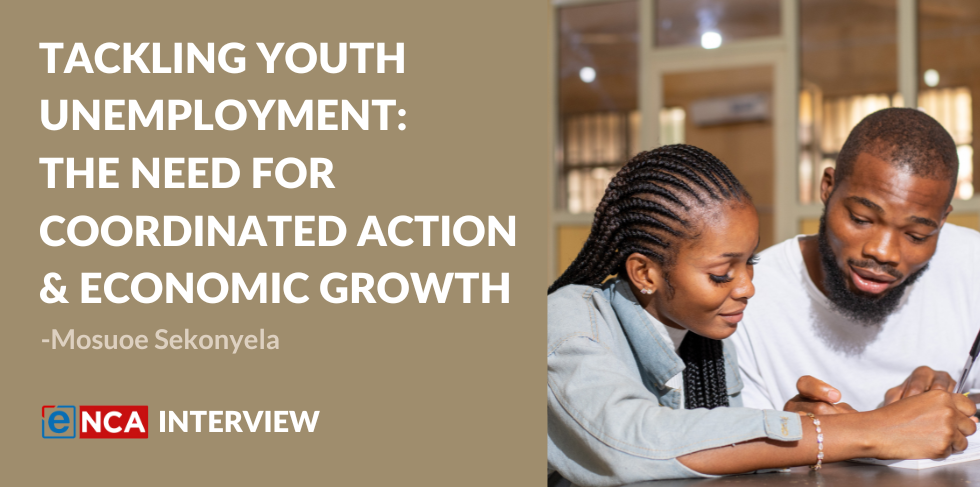At Harambee we are committed to keeping you safe, smart and kind. We’re producing a monthly digest of the most insightful articles on youth employment we’re reading, and have focused on the pieces we found to be most relevant and actionable. Time is scarce, so we’ve summarised the articles for you and shared our key takeaways.
This MONTH: Falling Through the Cracks – SMEs & Informal Workers
1. How to rescue Africa’s small and medium entrepreneurs
6 minute read
Key facts: Small and medium enterprises (SMEs) account for 40% of Africa’s GDP. In South Africa alone, 2.5M SMEs were forced shut during the lockdown. African governments have provided a mix of COVID-19 relief measures to small and medium businesses, but many fall through the cracks as they aren’t formal enough to qualify. Youth are particularly hard hit, as they often lack the basic business skills that would have helped them access the critical relief measures they need to survive.
The action steps: We need new and more inclusive approaches to include informal entrepreneurs in the economy—alternative measures to showcase business viability; the development of local value chains and manufacturing; programs that incentivize informal entrepreneurs to manufacture COVID-19 consumables and products; and social protection plans for those in informal employment.
2. Digital platforms could generate jobs
5 minute read
Key facts: COVID-19 has forced many companies to pivot to online services given limited face-to-face services. Food and alcohol delivery businesses are leveraging their platform models and infrastructure to instead deliver groceries and essentials. Early data suggests that South Africa’s national lockdown triggered a spike in logistics/courier platform activity; ride-hailing platform workers are shifting from transporting people to transporting goods. However, platform workers find it difficult to sustain these shifts given skills, regulatory and capital requirements. They are caught on the cusp between formal and informal work—and are often left out of government support initiatives.
The action steps: Private sector relief funds—like SweepSouth’s Sweepstars Fund and Airbnb’s Superhost Relief Fund—can provide relief for those affected by lost earnings due to COVID-19. The shift to a platform economy signals a growing trend for youth employment; and we need to prioritise digital skills to become productive in rapidly digitising economies.
3. Public Works Programs Can Deliver Jobs
5 minute read
Key facts: COVID-19 is a devastating shock to livelihoods for informal sector workers. Government measures such as unemployment insurance, credit for firms, and wage subsidies do not reach informal sector workers. While the informal sector is the norm for many in emerging markets, growing gig and platform workers in the so-called formal sector too, require cushioning from livelihood shocks. Economic contractions and slow recoveries disproportionately impact informal workers.
The action steps: Funded by government, public works programmes offer a social insurance buffer to mitigate loss of livelihoods during crises. These programs often attract more workers than need assistance, pay workers more than they would otherwise accept, and crowd out private employment as recoveries begin. However, governments can use the first phase of the crisis to prepare public investment projects to get “shovel ready” ahead of the easing of COVID-19 restrictions.
DO MORE
-
-
- Encourage young people between 18 – 35 running their own enterprise to apply to the Youth Micro Enterprise Relief Fund. Click here
- Connect young local producers of cloth masks to Proudly SA’s dedicated marketplace online portal for cloth masks. Click here
- For additional resources on SME support links, visit Click Here
-





 Stay Connected
Stay Connected



